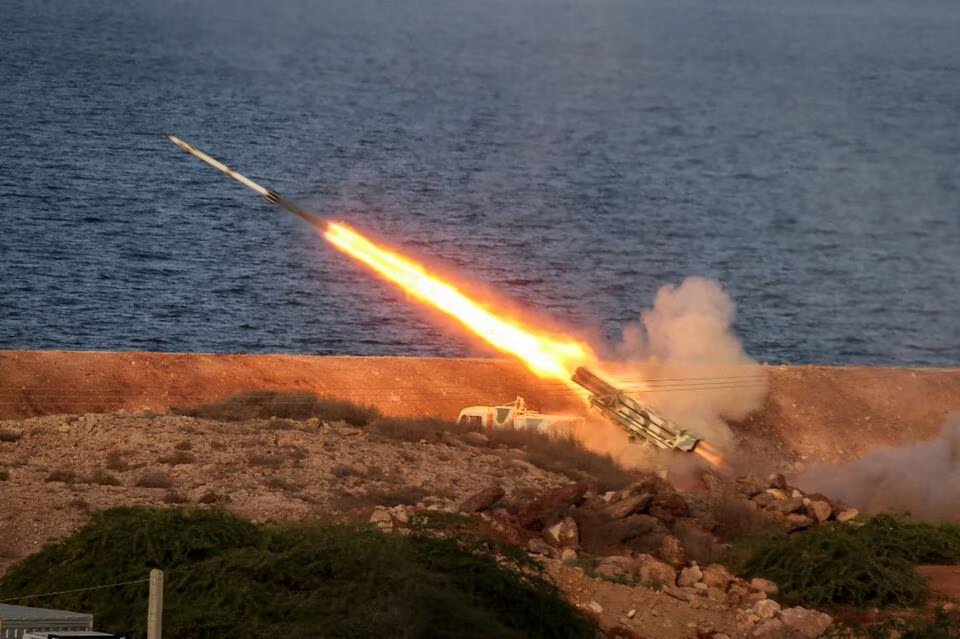The Dangerous Game Of Nuclear Enrichment In Iran: Israeli Defence Minister Yoav Gallant

- The top US general, General Mark Milley, said in March that Iran could make a nuclear bomb in a few months if it wanted to.
- Iran could make enough fissile material for a nuclear weapon in about 10–15 days after making a national choice, and it would only take a few months to make a nuclear weapon itself.
On Thursday, Israeli Defense Minister Yoav Gallant said that Iran’s nuclear development could set off a war in the whole area.
Gallant also said that Iran might have enough enriched uranium to make five nuclear bombs. His words came as worries about Iran’s nuclear weapons program grew around the world. In March, the top US military official said that Iran could make a nuclear bomb if it decided to do so.
Iran is Israel’s biggest enemy. It supports terrorist groups like Hamas that are based in the Palestinian territories and work against Israel. Israeli officials and leaders have often said that Iran’s possible nuclear bomb is a threat to their country’s very existence.
In the past few months, international worries about Iran’s nuclear weapons program have grown as Tehran has gotten closer than ever to processing uranium to a level that could be used to make weapons. Experts say that the Islamic Republic could make “several” atomic bombs if it wanted to.
What did Yoav Gallant say?
Israeli Defense Minister Yoav Gallant said in Greence that Iran’s nuclear bomb could set the area on fire.
Gallant also said that Iran would be making a “grave mistake” if it tried to make a nuclear bomb.
He said, “Don’t get it wrong: Iran won’t be happy with just one nuclear bomb.”So far, Iran has gotten enough 20–60% enriched material to make five nuclear bombs. Iran making progress, like enriching to 90%, would be a big mistake that could set off a war in the area.
Uranium that is enriched for use in nuclear power plants is usually enriched by less than 20%. Uranium that is enriched by more than 90% is usually used to make bombs.
The leaders of Israel say that armed action is the only way to stop Iran from making nuclear weapons, while the US says it wants to go back to multilateral diplomatic efforts.
After finding pieces of highly enriched uranium at an underground nuclear site, the International Atomic Energy Agency said in March that it would restart inspections and camera monitoring at some Iranian nuclear sites.
Iranian nuclear bomb existential threat: Israeli envoy to US
Israeli Ambassador to Israel Michael Herzog says that the Iranian nuclear bomb is “a threat of existential dimension” to Israel.
In a February interview, Herzog said that Israel’s plan to stop Iran from getting a nuclear bomb still stands.
“So, neither Israel’s nor Prime Minister Netanyahu’s stance on this issue has changed. In Israel, most people agree on this. “Both Netanyahu and the prime ministers who came before him made it clear that Israel is determined to stop Iran from getting nuclear capabilities or nuclear weapons,” Herzog told Voice of America (VOA) in an interview.
He also said, “By the way, the Iranians respected that and didn’t cross that line until 2021.” I think everyone should know that for Israel, this is a danger to their very existence, a strategic threat. Israel is eager to stop Iran from becoming a nuclear-armed state.
Iran could make nuke in months if it decides to: Top US general
The top US general, General Mark Milley, said in March that Iran could make a nuclear bomb in a few months if it wanted to.
Milley also said that if Iran gets the bomb, the US military has choices that it can show to the US government.
“Iran could make enough fissile material for a nuclear weapon in about 10–15 days after making a national choice, and it would only take a few months to make a nuclear weapon itself. As a matter of strategy, the US will not let Iran have a nuclear weapon that can be used in the field. “If or when Iran decides to make a nuclear weapon, our national leaders will have a number of options to choose from,” said Chairman of the Joint Chiefs of Staff Milley.







Facebook Comments